Germany recently established the Baltic Command Task Force (CTF Baltic) and inaugurated its headquarters, prompting Russia to summon the Western European country's ambassador to protest and warn of a corresponding response.
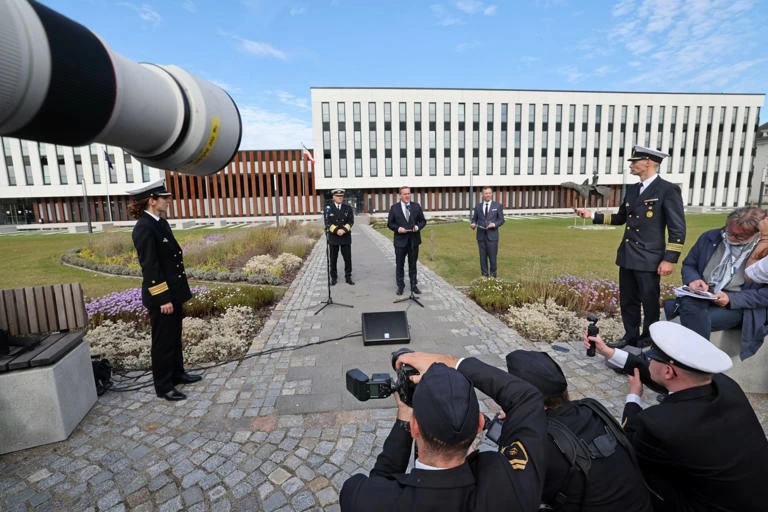 |
| Germany inaugurated the headquarters of the Baltic Command Task Force in the city of Rostock, October 21. (Source: DPA) |
On October 21, German Defense Minister Boris Pistorius said that the Baltic CTF will play an important role in preparing military situation reports, seeking to strengthen the collective defense measures of the North Atlantic Treaty Organization (NATO) and responding to regional instability.
Around 120 German and 60 international staff will work at the new headquarters. Eleven NATO countries, including Denmark, Estonia, Finland, France, the UK, Italy, Latvia, Lithuania, the Netherlands, Poland and Sweden, have also deployed personnel to the new headquarters.
The creation of the new force and headquarters comes as ensuring open sea lanes through the Baltic Sea region on NATO's eastern flank becomes increasingly important for the military alliance.
The bloc must ensure open sea routes as these could be the only supply routes to the Baltic states, should the Suwalki Gap, a narrow land corridor linking the Baltic states to Poland, be blocked in any conflict.
In response to the move, the Russian Foreign Ministry summoned German Ambassador to Moscow Alexander Lambsdorff to express its protest, threatening a "corresponding reaction" and "extremely serious consequences".
Russia said the establishment of the site was a “blatant violation” of the terms of the “2+4 Agreement”, signed around the time of German reunification in 1990, which banned the stationing of NATO troops on the territory of the former East Germany.
“The United States, Germany and NATO must realize that the expansion of the military infrastructure of the military alliance into the territory of the former East Germany will have extremely negative consequences and will not be possible without a corresponding response from Russia,” a statement from the Russian Foreign Ministry said.
Ambassador Lambsdorff confirmed that he had been summoned by the Russian Foreign Ministry, and said that Berlin's move was in full compliance with the 2+4 Agreement. Minister Pistorius also denied Moscow's accusations.
Russia has long opposed NATO's build-up on the alliance's eastern flank, from adding new members to increasing its military presence. Moscow believes that this move poses a threat to Russia's security.
Source: https://baoquocte.vn/duc-lap-luc-luong-chi-huy-baltic-moi-da-cham-vao-gioi-han-cua-nga-moscow-hanh-dong-khan-canh-bao-hau-qua-cuc-ky-nghiem-trong-291040.html










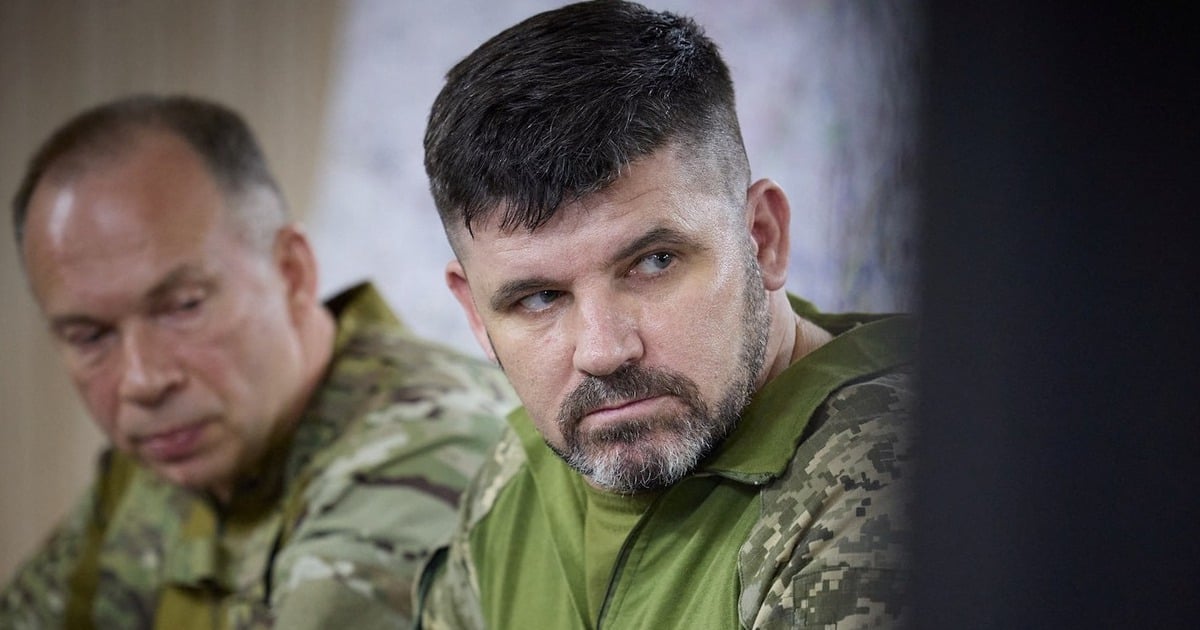


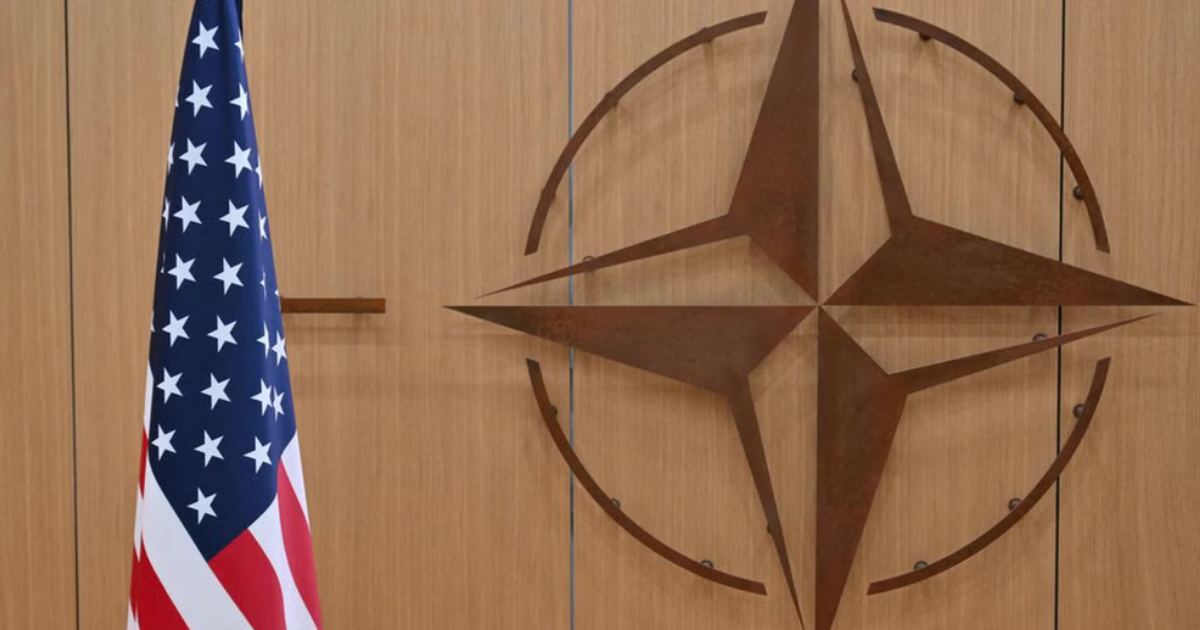
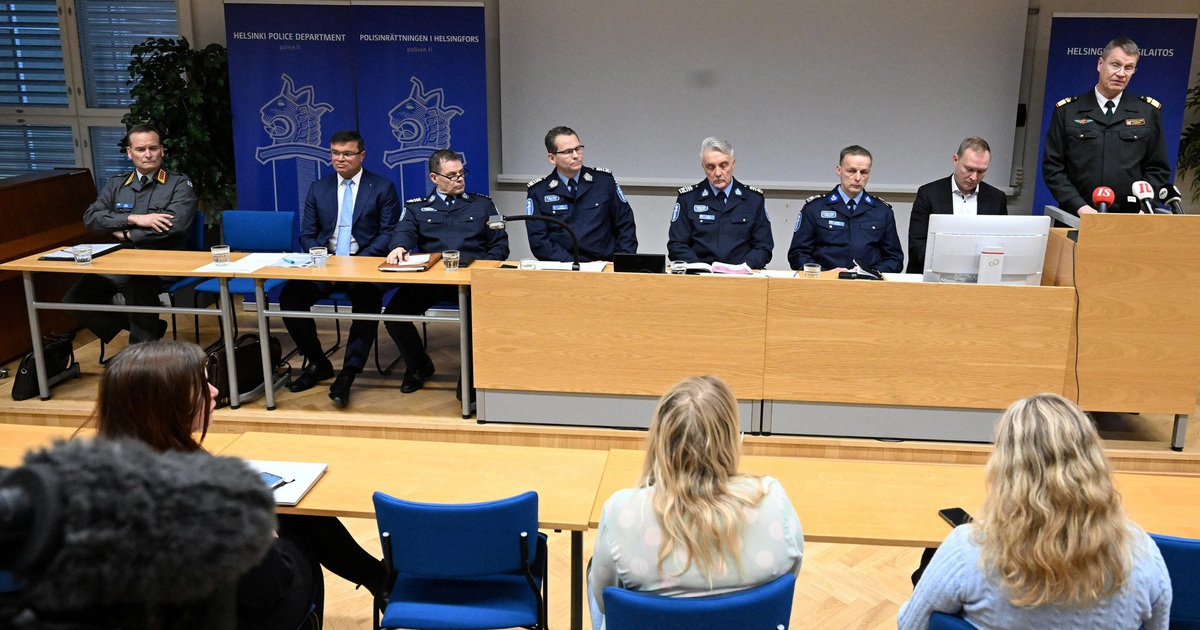






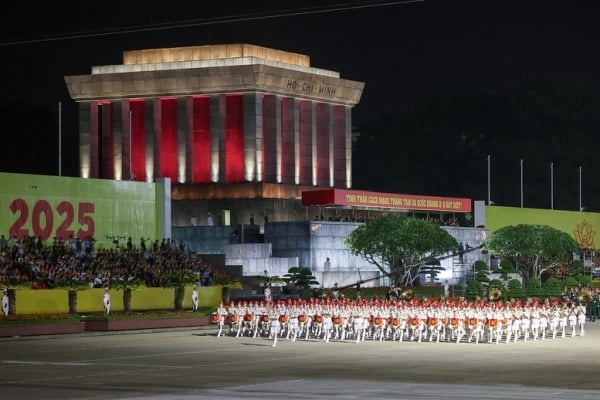


















































































Comment (0)